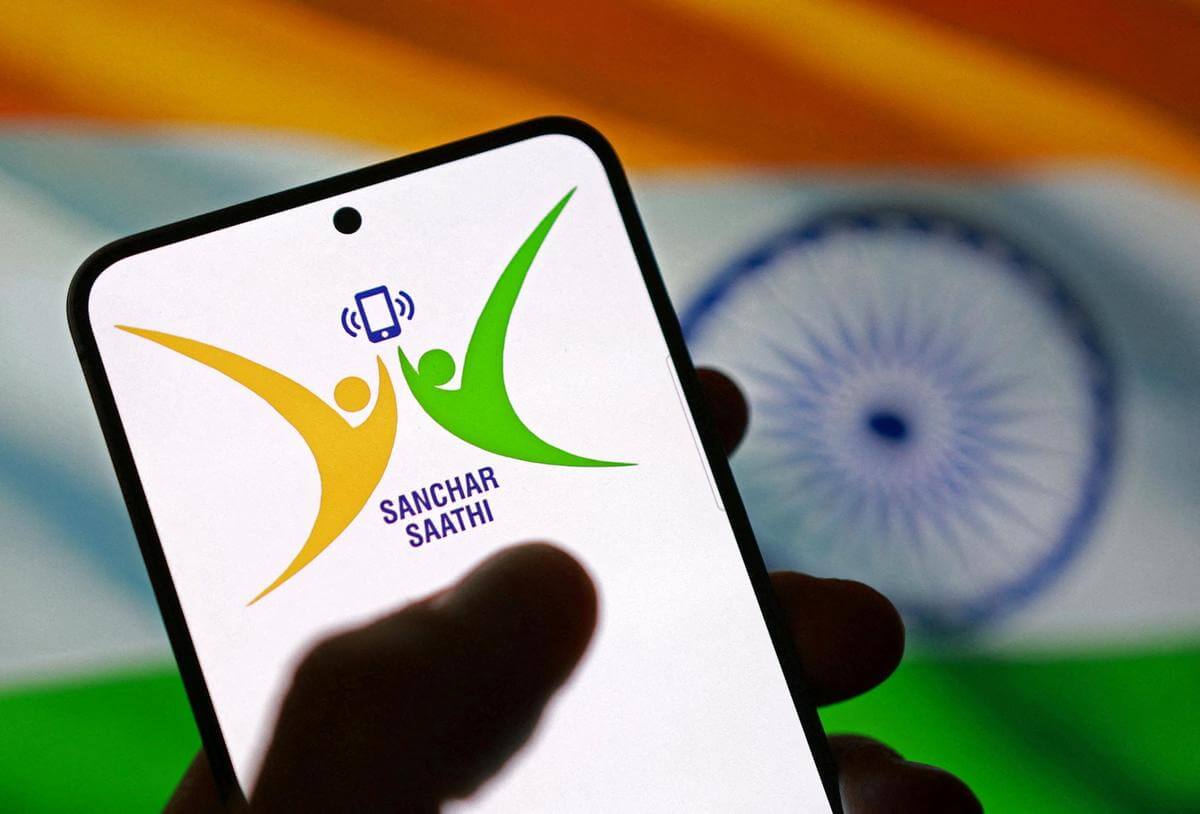The year 2025 marks a pivotal moment for the global scientific community, as the United Nations has officially designated it as the International Year of Quantum Science and Technology (IYQ). This worldwide initiative, spearheaded by an international coalition of scientific organizations, recognizes the profound impact of quantum science on our past, present, and future and aims to raise global awareness of its importance for sustainable development in the 21st century.
The UN's proclamation on June 7, 2024, is the culmination of a multiyear effort to highlight the transformative potential of quantum science and technology. By declaring 2025 as IYQ, the UN emphasizes the need to ensure that all nations have access to quantum education and opportunities, fostering collaboration and inclusivity in this rapidly evolving field. UNESCO has been designated as the lead agency for the IYQ, which aligns with the broader framework of the International Decade of Sciences for Sustainable Development (IDSSD).
The International Year of Quantum Science arrives at a significant milestone: the 100th anniversary of the birth of modern quantum mechanics. In 1925, physicist Werner Heisenberg published his groundbreaking work on "matrix mechanics," which laid the foundation for quantum theory. Over the past century, quantum mechanics has revolutionized modern electronics and global telecommunications, shaping the technological landscape we know today. From lasers and transistors to medical imaging and electron microscopes, quantum principles underpin many of the devices that have become essential to modern life. Your cell phone would not exist without quantum mechanics.
Looking ahead, quantum science and technology are poised to accelerate innovations in diverse fields such as materials science, medicine, cybersecurity, and renewable energy. Advances in quantum computing, for example, promise to solve complex problems currently intractable for even the most powerful supercomputers. Quantum sensors offer unprecedented precision in measurement, with applications ranging from medical diagnostics to environmental monitoring. Quantum communication networks hold the potential for ultra-secure data transmission, safeguarding sensitive information from cyber threats.
The IYQ's mission extends beyond celebrating past achievements. It seeks to address some of the world's most pressing challenges, including the need to develop renewable energy sources, improve human health, and create global solutions in support of the UN's Sustainable Development Goals. By promoting open science and gender equity in education and research, the IYQ aims to ensure that quantum solutions are accessible to all, reducing inequalities and fostering a more inclusive and sustainable future.
Throughout 2025, various activities at all levels will be organized to increase public awareness of quantum science and its applications. These include conferences, workshops, public outreach events, and educational campaigns targeting schools and universities. Industry leaders will also showcase quantum breakthroughs, demonstrating the technology's transformative potential across different sectors. The IYQ Steering Committee is actively planning global initiatives and events, with a particular focus on reaching audiences unfamiliar with quantum science and technology. The website quantum2025.org will serve as a central hub, spotlighting events, resources, and activities related to quantum science.
The International Year of Quantum Science and Technology presents a unique opportunity for individuals, groups, schools, institutions, and governments to engage with quantum science and explore its vast potential. By inspiring the next generation of quantum scientists and innovators, the IYQ seeks to ensure that the benefits of quantum technologies are shared equitably across the globe, paving the way for a more prosperous and sustainable future for all. UNESCO aims to promote a strong global foundation for quantum education and collaboration, foster greater inclusion of underrepresented groups, and enhance public understanding of how quantum technologies can contribute to addressing global challenges.




















